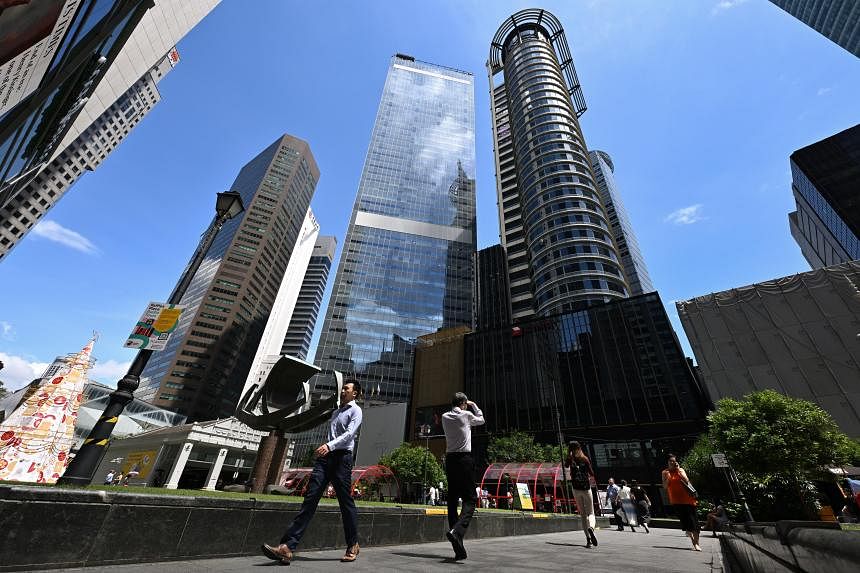SINGAPORE - The numbers of individual bankruptcies and businesses winding up have remained stable and are now below pre-pandemic levels, despite periods of economic disruption in recent years.
Parliament heard on Feb 7 that while bankruptcy applications rose in 2023, not all of these resulted in bankruptcy orders.
The actual bankruptcy orders were lower than the application numbers, noted Mr Alvin Tan, Minister of State for Trade and Industry, who was responding to Mr Yip Hon Weng (Yio Chu Kang), who asked if the level of individual bankruptcy applications was a cause for concern.
Bankruptcy applications made either by individuals or their creditors over unpaid debts of more than $15,000 hit an 18-year high of 3,986 in 2023.
Applications for companies to be compulsorily liquidated also climbed, reaching 273 in 2023, up from 257 in 2022 and 260 in 2021.
But actual winding-up numbers were much lower, noted Mr Tan, who is also a board member of the Monetary Authority of Singapore (MAS).
He said: “Bankruptcy applications rose amid the challenging macroeconomic and financial environment for corporates and individuals in recent years. The higher global interest rates environment also caused domestic interest rates to rise sharply.
“Nevertheless, most corporates and households were able to weather the increases in borrowing costs and continued to service their loans. There has not been any significant uptick in banks’ non-performing loans for either households or corporates.”
He added that MAS stress tests show that most corporate and household borrowers have adequate buffers to manage shocks to income and financing costs.
But Mr Tan said he agreed with Mr Yip that it is vital to provide financial literacy education and help borrowers in distress manage their debts and avoid bankruptcy.
He pointed to national financial education programme MoneySense, which educates the broader public on money management skills. The programme advises consumers not to spend beyond their means and reminds borrowers to prioritise paying off debts that charge high interest rates, such as credit card bills.
Borrowers in distress can seek help from various places, such as Credit Counselling Singapore, which helps individuals and businesses restructure debt or work out sustainable repayment plans.
People with unsecured debts with financial institutions can sign up for a debt consolidation plan to help in restructuring or consolidating their borrowings.
Mr Tan noted that when a bankruptcy application is filed, the official assignee will administer a debt repayment scheme to help eligible debtors whose borrowings do not exceed $150,000.
These debtors can avoid bankruptcy by committing to the terms of a repayment plan with their creditor and repaying their debts over five years.
Mr Tan added that the MAS, financial institutions and industry trade associations are all working together, not just to strengthen MoneySense and financial literacy programmes, but across the whole ecosystem.
This includes the Ministry of Education as well, he said in response to a further question from Mr Yip on financial literacy programmes being expanded to reach out to those who need it.


